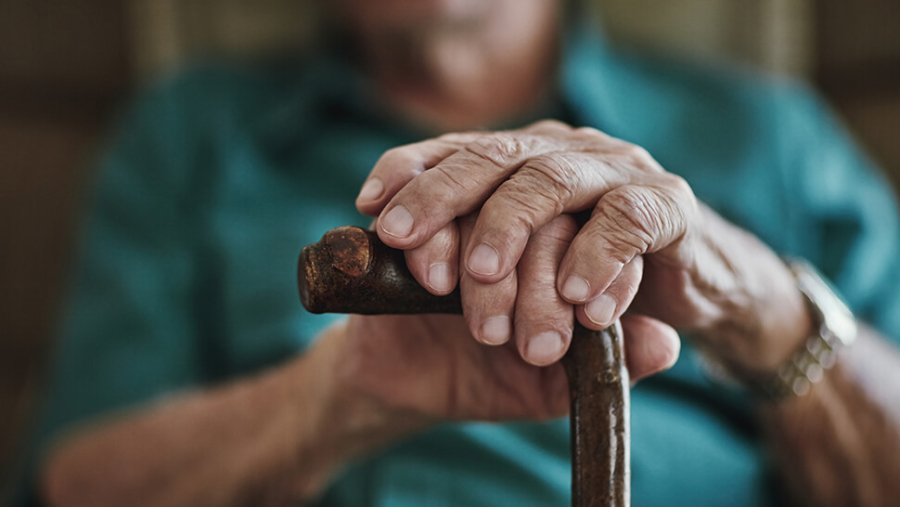

Our passion for people flows through everything we do and on the 15 June 2018 we will be observing, and raising awareness of, World Elder Abuse Awareness Day.
Elder abuse is currently rising in the UK and it is believed that over a million people over the age of 65 are affected by some form of abuse or neglect.
What is elder abuse?
It is “a single or repeated act or lack of appropriate action occurring within any relationship where there is an expectation of trust, which causes harm or distress to an older person” and this could be physical, psychological, financial, sexual or neglect.
The greatest level of abuse takes place at home and is perpetrated by partners, other family, neighbours and acquaintances. The problem then extends also to those living in residential care – this tends be neglect, financial and physical abuse. No-one should be abused or suffer in silence, particularly those you love.
How do you protect your loved one so that they are safe and secure?
Practical advice to ensure they are independent, but not forgotten.
- Be fully aware of their daily routine, needs and health conditions
- Isolation and loneliness seriously affects mental health – social interaction is a must. This can be arranged privately or through social services
- If you cannot visit, arrange for other members of the family to visit or telephone
- Ensure that all financial matters are regularly updated and checked
- Make sure that any assistance being given relating to care needs is checked regularly to ensure that the level of service is appropriate. If it is not, make sure the service is made aware immediately.
Protecting the elderly
The Care Act 2014 simplifies and clarifies over 60 years of legislation and should be followed by the local authorities unless there is good reason not to do so.
When looking at the question of safeguarding people, including the elderly, the local authority must place the person at the centre of its enquiries. If it does not, it will be either the subject of an appeal in accordance with the Act or be taken through the courts by means of judicial review, for example if it has determined that it is unable to act or will not act.
Evaluating the requirements of people, including the elderly where there are matters of abuse, neglect etc. that exist involves complex and subjective determinations, which must be handled with the utmost care, experience and professionalism. We at Harrison Clark Rickerbys will always strive to do this in consultation with the individual, their carers and family.
Every adult deserves to live in a safe environment with dignity and respect.
Staying in control as we age
‘Respect your elders’ was a phrase that I heard a lot growing up. Old age does not automatically mean that a person has lost control of their affairs. However, the illnesses that are often associated with our aging population can and do lead to older and vulnerable individuals finding themselves in situations where their financial or physical health are at risk.
It is not always possible for people to plan for situations in which they lose capacity. However, when such an event occurs and the Court of Protection steps in to manage a person’s affairs through the appointment of a deputy, there are various safeguards that are put in place to protect the vulnerable person. These safeguards include a requirement to report to the court on an annual basis as well as an insurance policy to protect the vulnerable person’s assets being managed by the deputy.
There are layers of protection with a deputyship order that are not automatically included within a Lasting Power of Attorney (LPA). Whilst under an LPA the person making the LPA can choose their own attorney(s), a decision that is not available to vulnerable parties for whom a deputyship order is made, what is stopping an attorney going rogue?
How can you protect yourself? Yearly reporting requirements and other measures can be incorporated within a LPA, mirroring those requirements that would apply to a deputy. By incorporating such restrictions or considering the appointment of a professional attorney, it can provide greater security for vulnerable persons at a time when they may simply need assistance from a trustworthy and reliable source.
For advice and support on the issues we cover here, please contact one of our contributors from the Wye Valley team:
Victoria Pratt (Family lawyer) [email protected] 01989 561412
Hefin Archer-Williams (Head of Litigation, Wye Valley) [email protected] 01989 561411
David King (Head of Private Client, Wye Valley) [email protected] 01989 550568










